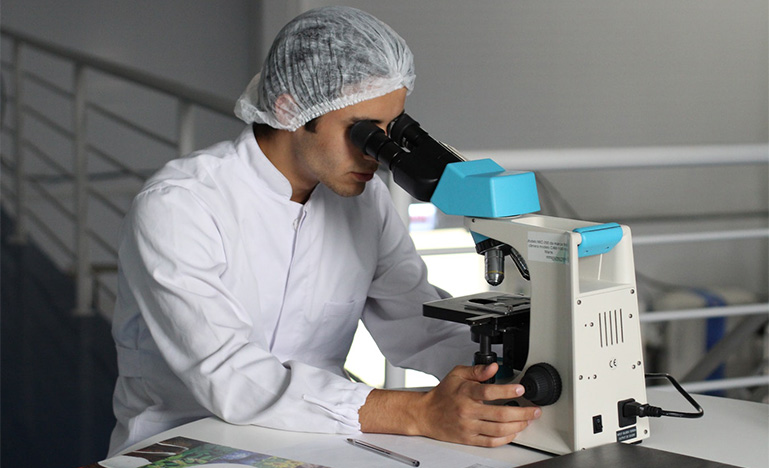Expert evidence: What is reliable specialized knowledge?
Why we need more scrutiny over how expert witnesses demonstrate their proficiency.

There is always a risk that experts will unduly influence the outcome of a trial. Because of this, Jason M. Chin notes in a recent Canadian Bar Review article, courts will scrutinize the reliability of their evidence by branding the expertise as either science or “specialized knowledge” – all depending on “the witness’ training, experience, and research.”
Chin takes a careful look at Ontario’s leading opinion on the issue, a 2009 Court of Appeal ruling in R v Abbey, which distinguished between the “product of scientific inquiry” and “specialized knowledge gained through experience and specialized training in the relevant field.” The author is critical of this categorization and it’s worth noting that the Abbey ruling involved evidence that was admitted, but later discovered to be unreliable. Still, according to Chin, courts have often relied on the Abbey ruling to justify giving almost no scrutiny to specialized knowledge. He calls for more transparency and scrutiny over the manner of demonstrating proficiency of the expert, given the task at hand:
While it is certainly important that scientists build a reliable body of knowledge, science can self-correct in most cases. Such opportunities (e.g., appeals or fresh evidence) are much more limited in law—it does not seem like so much of a stretch to suggest that experts providing powerful inculpatory opinions should be held to a standard of transparency. Indeed, as I described above, there is some precedent now that a failure to disclose the foundations of an opinion (for instance, based on confidential informant privilege) can impair the probative force of that opinion so greatly that it is inadmissible.
Along with transparency, courts should determine if the witness has proficiency in the precise task at hand (i.e., to reliably provide the conclusion they are seeking to provide). This requires more than “omnibus” experience as a member of a guild. For instance, it is not enough that a witness has decades of experience as a forensic scientist. If the question is determining whether a DNA sample came from a wet source based on the amount of DNA present, then the witness must be able to reliably do that—or, as we will see, provide convincing indirect evidence that he or she can do that.


